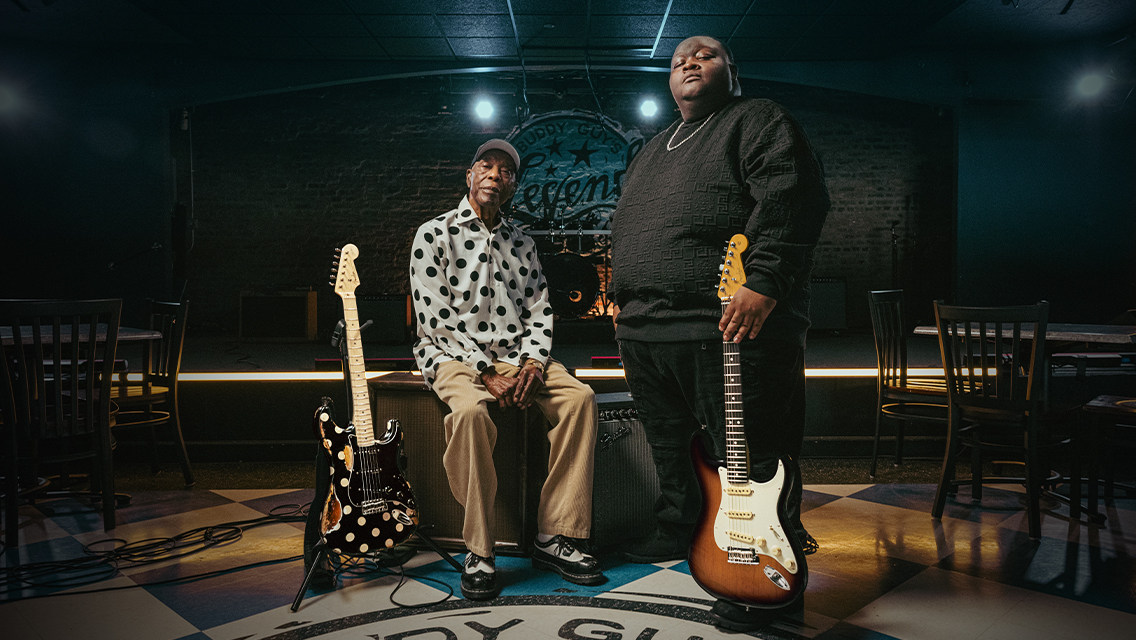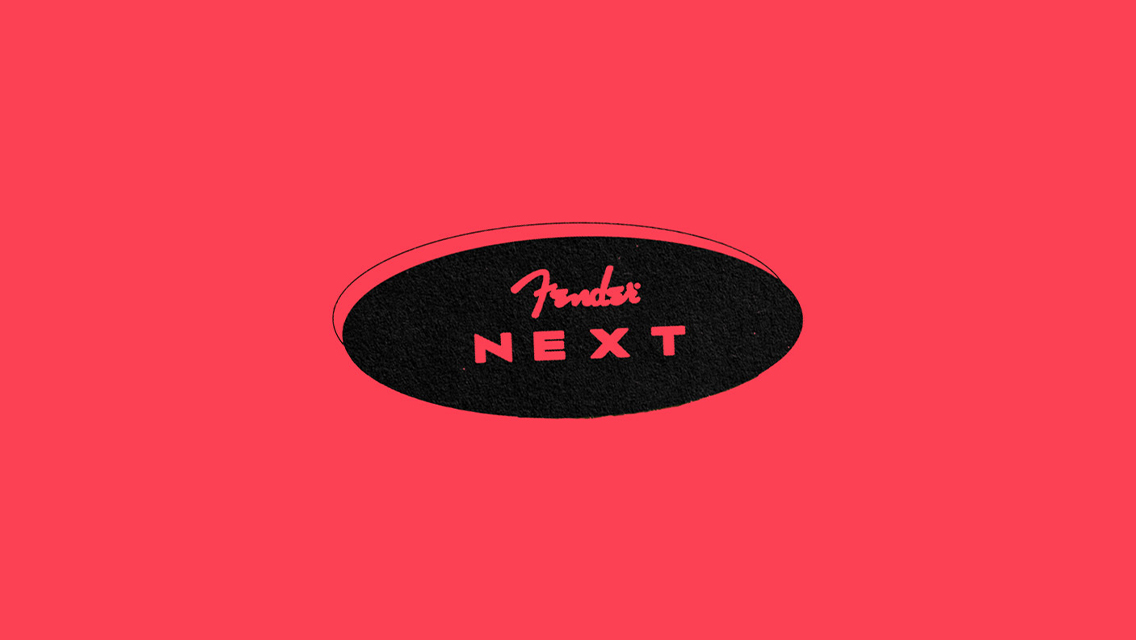1 Min ReadBy Mike Duffy
What I Know So Far ... Telecaster Legend Marty Stuart
How the guitar and country music 'empowered' the five-time Grammy winner.

Sections
Marty Stuart might have grown up in Mississippi, but he always had a deep affection for all things California.
So when he was putting together his latest album, Way Out West (due out March 10), the five-time Grammy Award winner didn’t need to think too hard about the overall topic, as he simply dipped into that Golden State nostalgia.
Produced by Mike Campbell of Tom Petty and the Heartbreakers, Way Out West prompted Stuart to bring his band, the Fabulous Superlatives (guitarist Kenny Vaughan, drummer Harry Stinson and bassist Chris Scruggs), to the West Coast, where they split time between the famed Capitol Records and Campbell’s vibey M.C. Studios.
The result is a tribute to the Nashville and Bakersfield ambassador’s past working with legends like Lester Flatt and Johnny Cash and his desire to take country music to the future, all told through the lens of a seasoned musician traversing the mystical desert.
Here, in his own words, the Telecaster legend discusses Way Out West, collaborating with Campbell and the lessons he’s learned throughout his over four-decade journey in music.
“I cut yards in the summer of 1968 to earn enough money to buy my first Fender, a little Mustang and a Princeton Reverb amp. I started my first band when I was 9 and had a little Teisco hollow-body guitar. After a couple of shows, I knew I had to get a Fender guitar. I wanted my band to sound like Luther Perkins or Don Rich. Those were the songs we were playing.”
“The first picture of me with a guitar that my mother took it just made it seem like it was supposed to be there. It’s just an extension of my body. I thought girls would like it too, so that was a part of it.”
“My first band came at a time when the Beatles, the Stones and Jimi Hendrix were so popular, but it was country music that drove me. It consumed me. When I got that little Fender guitar and put it around my neck and sang ‘Branded Man’ or ‘Folsom Prison Blues’, it empowered me. It made me feel special, like I was set apart from the civilians (laughs)”

“I took some lessons, but I didn’t like what I was being shown. It didn’t have the right feel so I blew that off. The beautiful thing about country music and surf songs of that time was they were basically three-chord structures, so I could figure my way around them. The crazy part about it was I got a job in Nashville when I was 13 with Lester Flatt, so I had access to the most incredible players in the world who were very free with their knowledge. They shared their wisdom with me. Generally, I’m an ear player.”
“If you’re a new player, follow your heart. Go to that place where it makes you smile and you feel like somebody. Whatever empowers you. It doesn’t matter what kind of music. If you hear it in your head, play it that way because that’s probably the way it’s supposed to be played.”
“Way Out West is really a love letter to California. So many of the things that inspired me as a kid came from there. Everything that looked cool to me–the muscle cars, Nudie suits, the films, the music that came out of my speakers–everything that touched me seemed like it came from California. That was the downbeat of my love for California. It was a magical place that was a million miles away from Mississippi. It was a long love affair, and I wanted to make a record about it.”
“I knew from the first rehearsal that this band was a divinely ordered band that was special. I knew it was the band of the lifetime. From the first note we played, Kenny and I started laughing. It’s like painting every night. It’s a tapestry. Along with Harry Stinson and Chris Scruggs, it’s pure joy to be on that bandstand. It’s pure joy to make records together. Kenny and I could have been raised in the same neighborhood and listened to the same records. We’ve got the same instinct and same taste.”
“Mike (Campbell)and I go way back–we met in the ‘90s somewhere when Johnny Cash made that record Unchained. The band on that record was Tom Petty and the Heartbreakers and me. I happened to be on an airplane and talked to Johnny, and he asked what I was doing at the end of my tour, and I didn’t have anything going. He said, ‘Why don’t you come by the studio and work on this record?’ So I did. He was my old chief. When he called, I went. He didn’t tell me Tom and the Heartbreakers were going to be there.”
“There was a song on that record called ‘Rusty Cage'. Rick Rubin pitched it to John, and he wasn't sure about it. But after the session, Rick asked me and Mike to stick around. We took two acoustic guitars, and Rick took the microphone and just spoke into it. Mike and I came up with the guitar riff on that particular song. We were guitar buddies from that moment forward.”
“When I put this record together, I knew it was not a record to make in Nashville, I knew the atmosphere needed palm trees and blue sky. So I called Mike. ‘I think you might be the producer.’ Just being in his presence, in his world, put a different spin on this band. He is one of the greatest guitar players of all time. He is one of the greatest arrangers of all time. He is the consummate Heartbreaker. I have so much respect for all of them.”
“I’ve never worked a day. I love the mission I’m on. It’s always about the next song, the next town, the next record. We create and we move on. Finding something new along the way is the fun part. This record feels like new territory. It’s a fresh place, and that’s hard to beat.”
For a full list of Marty’s tour dates and more information on Way Out West, visit his official website.
Don’t miss out!
Be the first to know about new products, featured content, exclusive offers and giveaways.


